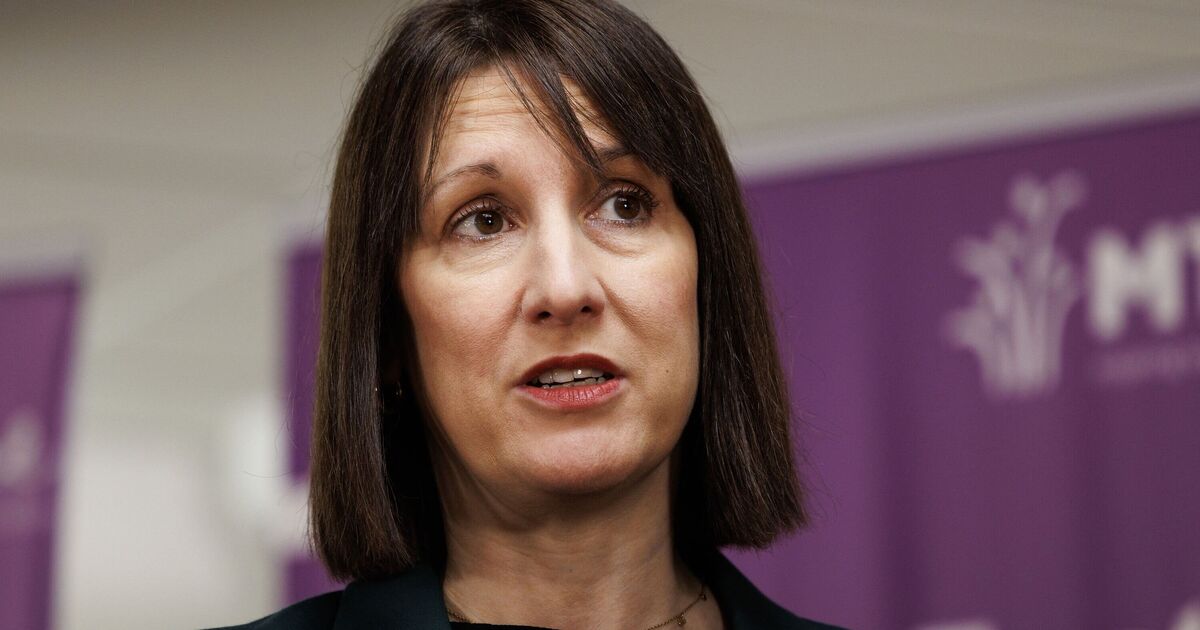Panic-selling as hated tax hits new record after Rachel Reeves Budget | Personal Finance | Finance
Panic selling has seen Brits fork out a Capital Gains Tax (CGT) bill of more than £1 billion as they raced to sell off assets, property and shares.
Fears that the Chancellor Rachel Reeves would push up the CGT charged on the profits made on asset sales saw many thousands of people embark on a mass sell-off to protect their wealth.
As a result, the government raked in more than £1bn between July and November, which was up by more than £200m on the same period last year, according to figures from HM Revenue and Customs (HMRC).
Experts said the trend was fuelled by “indiscriminate panic” and “uncertainty” among wealthy investors over the government’s budget plans.
Ahead of the Budget, there was speculation that CGT ncould be increased from a typical rate of 20 percent to bring it into line with income tax, which is either 40 percent or 45 percent for high earners. Rachel Reeves did announce an increase, but to a lower than feared level of 24 percent.
Ian Cook, of Quilter, said: “It was panic-selling because many feared that capital gains tax would align with income tax, instead of the 24 percent it landed on.
“Lots of people saw the opportunity to take gains at rates they thought they were unlikely to see again in this Parliament.
“The communications from the Government were not clear and it felt potentially everything was up for grabs. I was inundated with call after call after call about pensions and capital gains tax. The panic was indiscriminate.
“I think it has a negative psychological impact on clients and investors not knowing what to do for the best.”
Chris Etherington, of accountancy firm RSM, said landlords were particularly hard hit.
He told the Telegraph: “Ahead of the Budget, there was a lot of noise around there being a capital gains tax rate increase. Landlords in particular thought they might be first in line in terms of who might be impacted.
“There were some concerns for people that there might be changes soon after the election was announced, so people were incentivised by uncertainty to accelerate a sale.
“Over the last five to 10 years, it’s been increasingly hard for landlords in terms of just running the business and the tax treatment is more penal. Many might be thinking it’s time to leave the market because the Government is pointing them towards the exit door.”
A Treasury spokesman said: “Less than 1pc of UK adults pay capital gains tax each year, and the new rates raise revenue to help repair the public finances and fund public services, while remaining internationally competitive.”

